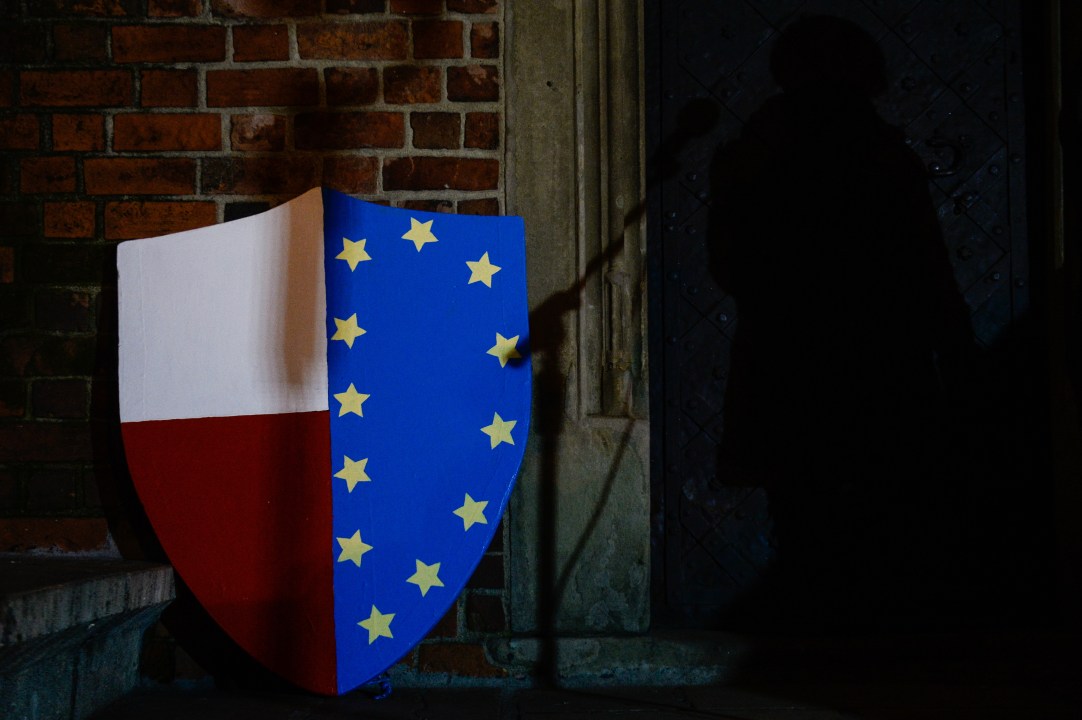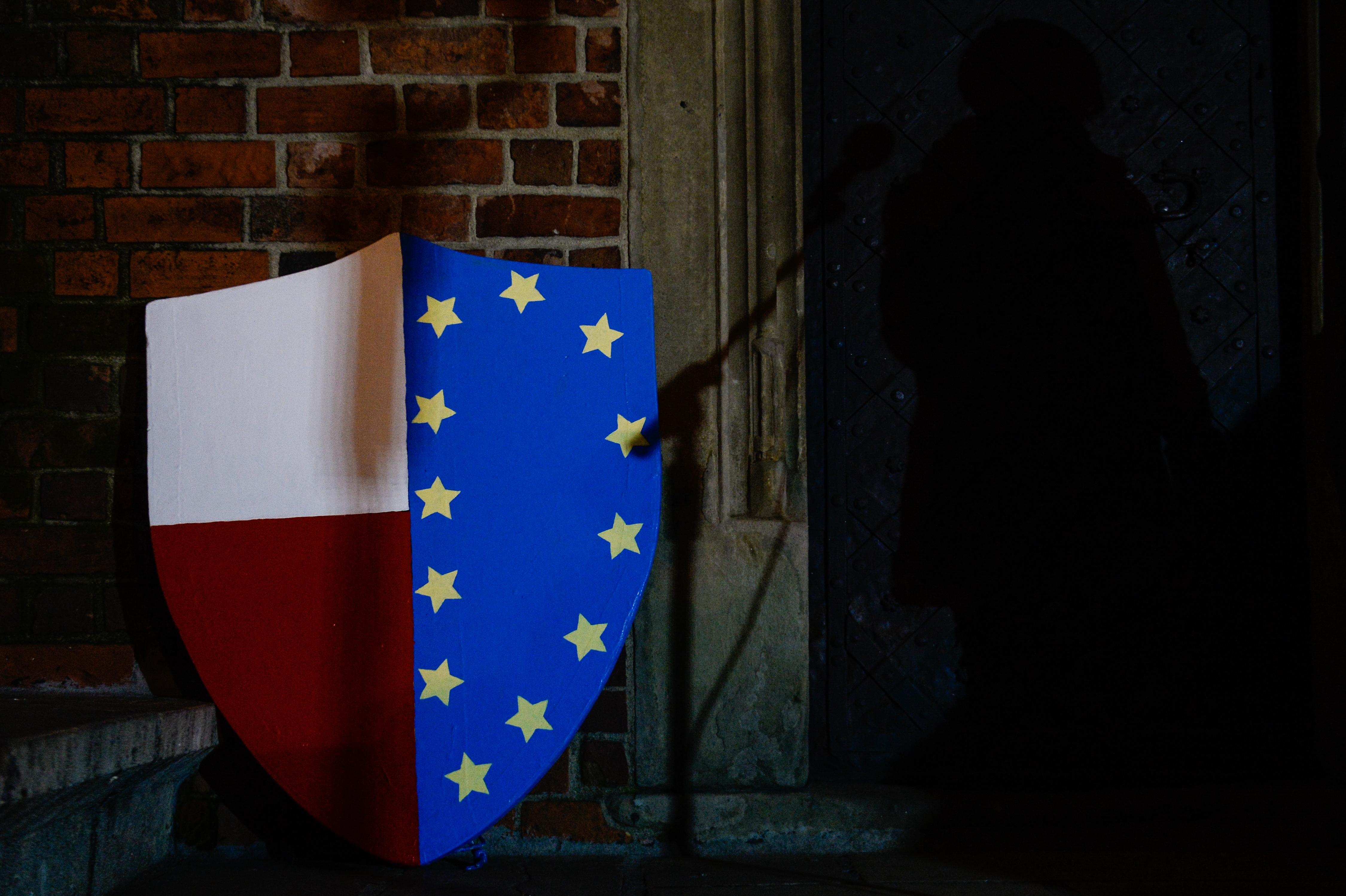When a proposed constitution for the EU was mooted in 2005, many in the UK and elsewhere in the bloc smelt a rat. This looked like a bid to shoehorn national governments into a nascent United States of Europe. The French and the Dutch agreed: and being constitutionally guaranteed a referendum on the matter, both took the obvious step and voted the scheme down. No matter. As we now know, the proposal was re-packaged in almost the same form as a consolidation measure called the Lisbon Treaty. It is now part of the EU treaty system.
The Cassandras were, of course, absolutely right. The EU was indeed playing a long federalist game. The point is nicely made by a decision of the EU’s Court of Justice this week. It concerns the seemingly dry-as-dust topic of how Poland appoints its Supreme Court judges, but it matters a lot.
Under the Polish constitution, Supreme Court judges are appointed by the president on the nomination of the KRS (the National Judicial Council), a collegiate body predominantly composed of judges.

Get Britain's best politics newsletters
Register to get The Spectator's insight and opinion straight to your inbox. You can then read two free articles each week.
Already a subscriber? Log in







Comments
Join the debate for just £1 a month
Be part of the conversation with other Spectator readers by getting your first three months for £3.
UNLOCK ACCESS Just £1 a monthAlready a subscriber? Log in